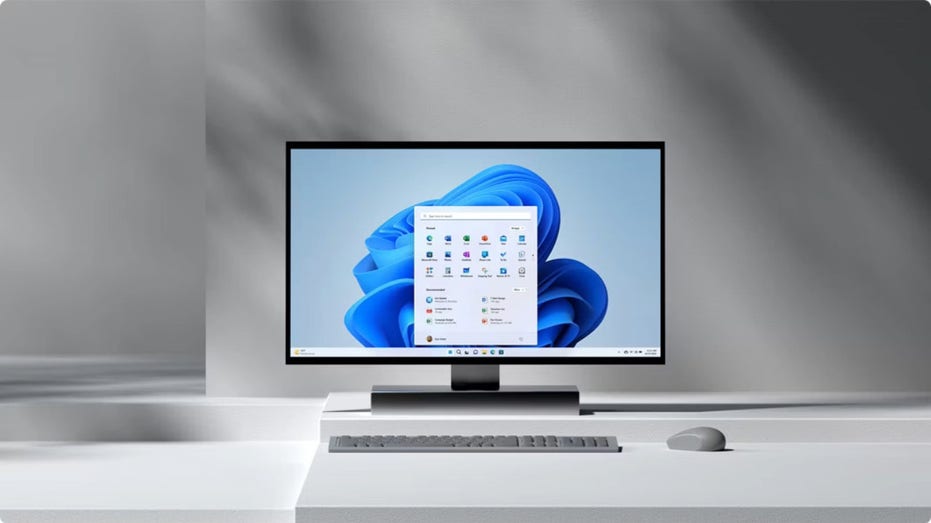Using a personal computer can be an enjoyable experience, but it can quickly turn frustrating when you run out of storage space. This common issue often arises after years of accumulating various files, from PDFs and videos to random screenshots and duplicate images transferred from your smartphone or SD card.
When your PC’s storage is maxed out, it can lead to sluggish performance as the system struggles to allocate resources for essential tasks. In this article, we’ll explore several effective strategies to free up valuable space and enhance your computer’s performance.
The Importance of Regular Maintenance
Before we delve into the various methods for clearing storage, it’s crucial to understand why regular maintenance is essential. A cluttered hard drive not only slows down your PC but also makes it difficult to find files when you need them. Implementing periodic clean-up routines can prevent storage issues and keep your system running smoothly.
Empty the Recycle Bin
One of the simplest yet often overlooked steps in freeing up space is emptying the Recycle Bin. When you delete files, they don’t vanish completely; instead, they are stored in the Recycle Bin for 30 days. If you need immediate space, it’s wise to clear this folder.
**Steps to Empty the Recycle Bin:**
1. Right-click on the Recycle Bin icon on your desktop.
2. Select “Empty Recycle Bin.”
3. Confirm the deletion to free up space.
Uninstall Unused Applications
Unused applications can take up considerable storage space and may even slow down your PC’s performance. Go through your list of installed programs and uninstall any that you no longer use. This simple action can significantly improve your system’s efficiency.
**How to Uninstall Applications:**
1. Open the Control Panel.
2. Click on “Programs” and then “Programs and Features.”
3. Select the application you wish to remove and click “Uninstall.”
Organize and Delete Unnecessary Files
Take some time to review your files and eliminate anything you no longer need. Old documents, large video files, duplicate photos, and outdated downloads can accumulate quickly.
**Tips for File Management:**
– Sort files by size to identify large items you can delete.
– Move important files to an external drive or cloud storage if you’re unsure about deleting them.
– Use file management software to help organize your digital clutter.
Utilize Storage Sense on Windows
For Windows users, the built-in feature known as **Storage Sense** can be a game-changer. This tool automatically frees up space by deleting temporary files and emptying the Recycle Bin.
**How to Enable Storage Sense:**
1. Go to Settings and click on “System.”
2. Select “Storage.”
3. Toggle the Storage Sense option to “On.”
Take Advantage of Cloud Storage
Cloud storage services like Google Drive, Dropbox, and Microsoft OneDrive offer an efficient way to store large files without taking up precious space on your device. These services allow you to securely save your photos, videos, and documents online, freeing up local storage.
**Benefits of Cloud Storage:**
– Access files from any device with an internet connection.
– Many services provide free storage options (e.g., Google Drive offers 15GB).
– Features like automatic syncing and backup make organization easy.
Enhance Security After Freeing Up Space
Once you’ve successfully reclaimed storage on your PC, it’s essential to ensure that your data remains secure. Here are some steps to help protect your valuable information:
1. **Use Strong Passwords:** Create complex passwords and consider a password manager for secure storage.
2. **Enable Encryption:** Encrypt your external drives and cloud storage accounts for added security.
3. **Implement Two-Factor Authentication:** Enable 2FA on accounts that support it, especially for cloud services.
4. **Install Antivirus Software:** Keep your antivirus updated to guard against malware and security threats.
5. **Regularly Update Your System:** Ensure your operating system and applications are up to date.
6. **Exercise Caution with Public Wi-Fi:** Avoid accessing sensitive data on public networks or use a VPN for added security.
7. **Backup Data Regularly:** Create multiple backups of important files, including offline copies.
8. **Use Secure File Transfer Methods:** Share files using encrypted methods or password-protected links.
Conclusion
Your PC’s storage can fill up quickly, but with these strategies, you can easily reclaim space. Whether you choose to delete files, utilize external drives, or leverage cloud storage, keeping your computer organized is vital for optimal performance.
Have you discovered any surprising items taking up space on your PC? Share your experiences with us at Cyberguy.com/Contact.
For more tips on technology and security, subscribe to the CyberGuy Report Newsletter at Cyberguy.com/Newsletter.
Stay connected with expert insights and advice to ensure your digital life remains secure and efficient.
